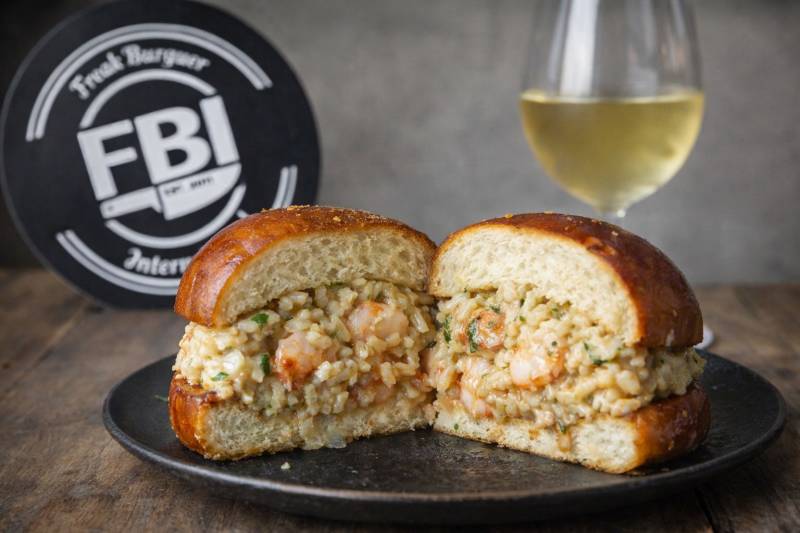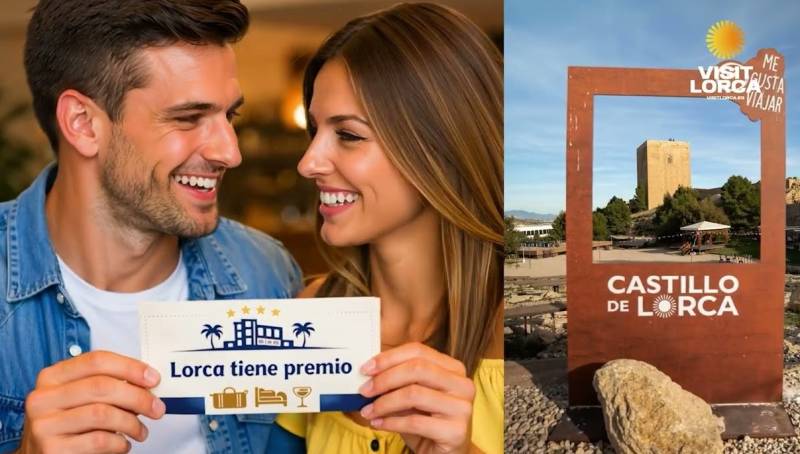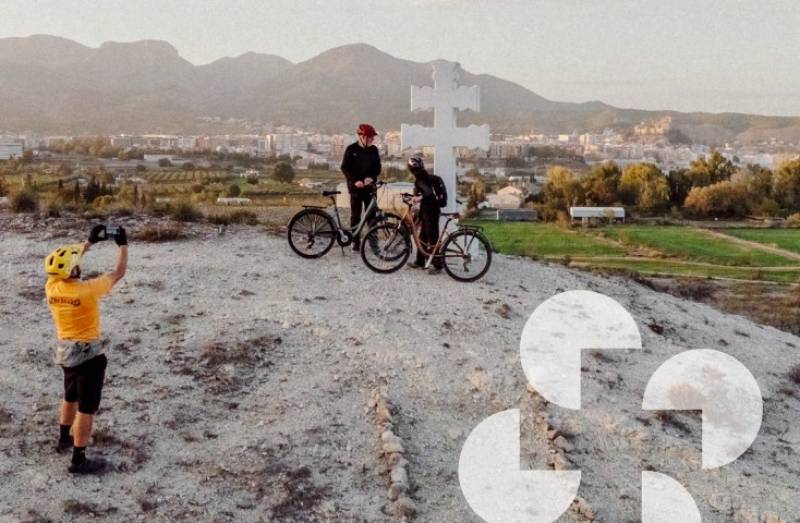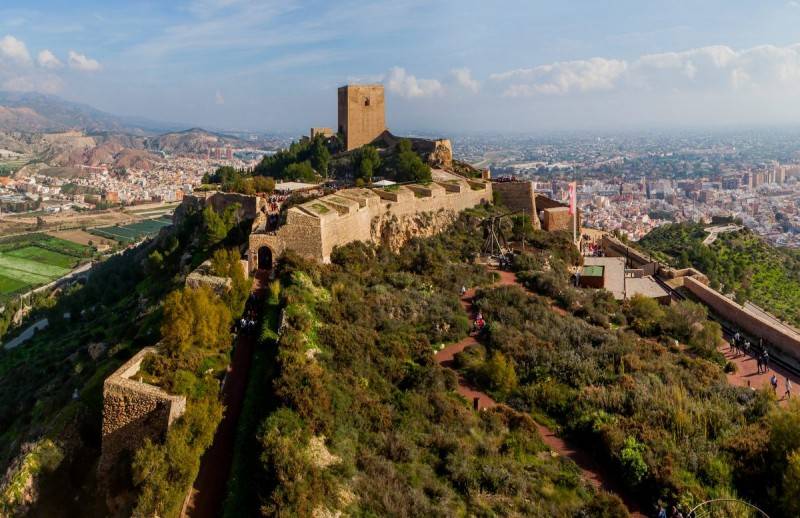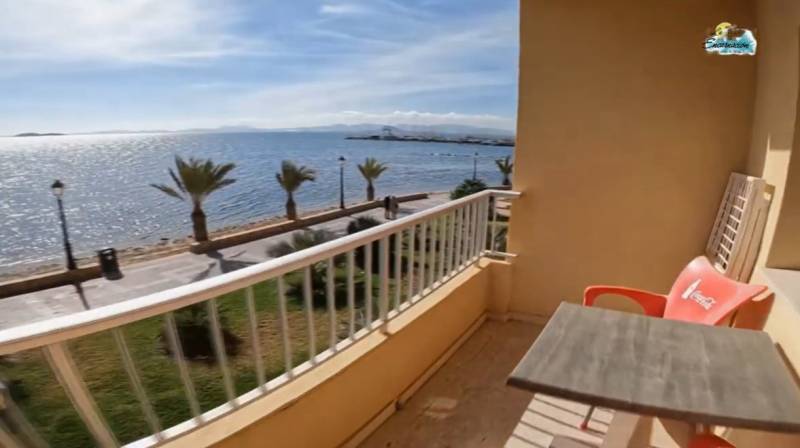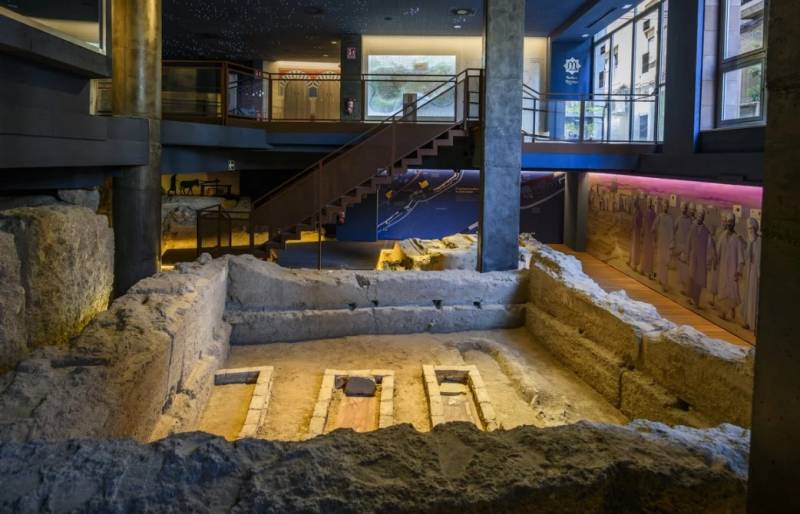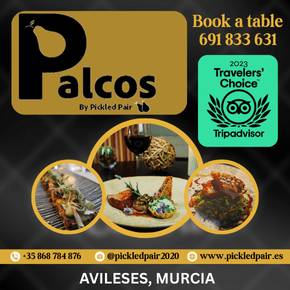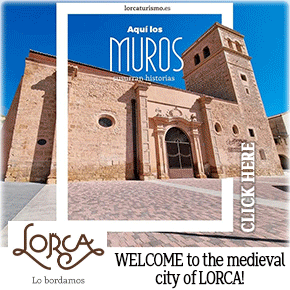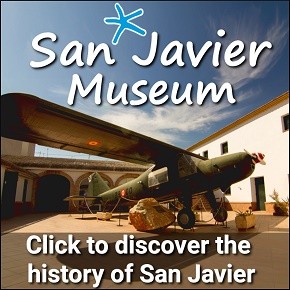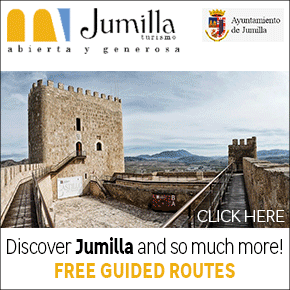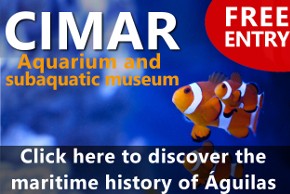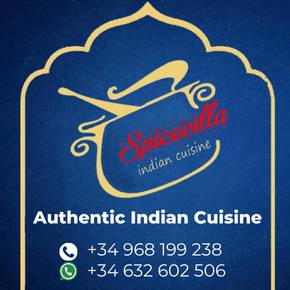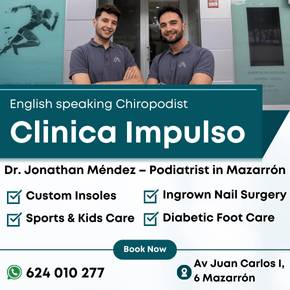

Guidelines for submitting articles to Mazarron Murcia
Hello, and thank you for choosing Mazarron Murcia to publicise your organisation’s info or event.
Mazarron Murcia is a website set up by Murcia Today specifically for residents of the urbanisation in Southwest Murcia, providing news and information on what’s happening in the local area, which is the largest English-speaking expat area in the Region of Murcia.
When submitting text to be included on Mazarron Murcia, please abide by the following guidelines so we can upload your article as swiftly as possible:
Send an email to editor@spaintodayonline.com or contact@murciatoday.com
Attach the information in a Word Document or Google Doc
Include all relevant points, including:
Who is the organisation running the event?
Where is it happening?
When?
How much does it cost?
Is it necessary to book beforehand, or can people just show up on the day?
…but try not to exceed 300 words
Also attach a photo to illustrate your article, no more than 100kb

Gazpachos yeclanos, a typical hearty winter food and one of the specialities of Yecla
This meat and flatbread meal has nothing to do with Andalusian gazpacho!
 Those of us who live in coastal areas think we know about gazpacho, the cool summer drink made from blended tomato, cucumber and other ingredients, but don’t imagine that this anything to do with the local speciality of “gazpachos yeclanos” (in plural) in the north of the Region of Murcia.
Those of us who live in coastal areas think we know about gazpacho, the cool summer drink made from blended tomato, cucumber and other ingredients, but don’t imagine that this anything to do with the local speciality of “gazpachos yeclanos” (in plural) in the north of the Region of Murcia.
This is not a summer speciality and if it has become one of the most emblematic dishes in Yecla it is because of its nourishing qualities during the winter, which can be bitingly cold. It looks as hearty as it is and is best accompanied by a glass of the local red wine along with perhaps some spring onions and other dressings.
No doubt every household in Yecla has its own secret for the “perfect” gazpachos, but the ingredients suggested to feed 10 people by the tourist office website are as follows:
5 tortas de gazpachos (a flat bread made with wheat flour, salt and water but no yeast)
500g rabbit meat
250g chicken
250g mushrooms
1 red pepper
250g spinach
Grated tomato
100g snails
250ml olive oil
Salt to taste
First heat the oil in a pan and then fry the pepper until soft, taking it out of the pan to fry the meat. Then add the grated tomato followed by the spinach and mushrooms, after which add water and the snails.
Boil on a hot flame for around half an hour and then separate the tortas before adding to the mix on a low flame for 10 to 15 minutes.
The resulting dish has its origins in Castilla-La Mancha and inland areas of Murcia and Valencia among the shepherding community, providing hearty food when the shepherds cam back home on cold nights, and it is traditionally served as a community meal with the large pot or a platter in the centre of the table with guests gathered around it.
For more local visiting information, events and news go to the home page of Yecla Today.
Oficina de Turismo de Yecla
In early 2025, due to renovation work at the usual office, the service is located on the other side of the Plaza Mayor at Calle Epifanio Ibáñez nº 2 (click for map).
 Yecla is a large municipality in the north of the Region of Murcia, home to just under 35,000 people, and these days is best known for its wines, which enjoy Denomination of Origin status, and its furniture production, which has its origins in the abundance of pine trees on the mountainsides and the high plateaux.
Yecla is a large municipality in the north of the Region of Murcia, home to just under 35,000 people, and these days is best known for its wines, which enjoy Denomination of Origin status, and its furniture production, which has its origins in the abundance of pine trees on the mountainsides and the high plateaux.
 While visitors in the 21st century may be attracted primarily by wine tourism, the town (or city, as it was proclaimed in 1878) also has a wide historical, cultural and natural heritage, and an identity quite different from the coastal areas of the Region of Murcia. For this reason it is often grouped together with its neighbour and fellow wine-producing area Jumilla as part of the Altiplano area.
While visitors in the 21st century may be attracted primarily by wine tourism, the town (or city, as it was proclaimed in 1878) also has a wide historical, cultural and natural heritage, and an identity quite different from the coastal areas of the Region of Murcia. For this reason it is often grouped together with its neighbour and fellow wine-producing area Jumilla as part of the Altiplano area.
Yecla borders with Castilla-La Mancha and the Region of Valencia and is closer to Alicante coastal areas than much of Murcia. These visitors come to see the historic old town itself - an atmospheric and interesting place, crammed full of history - the natural beauty of Monte Arabí, with stunning views for those who enjoy the outdoors, the gastonomy and of course the wine route.
 Yecla boasts cave paintings from 10,000 years ago in Monte Arabí, a Bronze Age settlement at El Arabilejo, Iberian remains in El Pulpillo and a Roman administrative centre at Los Torrejones as well as the remnants of the 11th century Moorish castle on the hill behind the town. More modern (and complete) testimony to the past are the buildings in the town centre, which include the grandiose Basílica de la Purísima, with its striking blue dome, the archaeological museum and the attractive Plaza Mayor, where the 16th century Town Hall stands alongside the Renaissance Casa de los Alarcos, the clock tower and the old grain store.
Yecla boasts cave paintings from 10,000 years ago in Monte Arabí, a Bronze Age settlement at El Arabilejo, Iberian remains in El Pulpillo and a Roman administrative centre at Los Torrejones as well as the remnants of the 11th century Moorish castle on the hill behind the town. More modern (and complete) testimony to the past are the buildings in the town centre, which include the grandiose Basílica de la Purísima, with its striking blue dome, the archaeological museum and the attractive Plaza Mayor, where the 16th century Town Hall stands alongside the Renaissance Casa de los Alarcos, the clock tower and the old grain store.
 The tourist office holds a full selection of leaflets, maps, pre-planned routes, accommodation and restaurant options and information about visiting Yecla for both individuals and groups.
The tourist office holds a full selection of leaflets, maps, pre-planned routes, accommodation and restaurant options and information about visiting Yecla for both individuals and groups.
There is parking close to the tourist office, although those driving to Yecla for the first time are advised to park in Calle Perales.
For further information go to the home page of Yecla Today.
Opening hours:
Tuesday to Friday 8.00 to 15.00
Saturdays 10.30 to 14.00 and 17.00 to 19.30.
Public holidays 10.30 to 14.00
Click for map, Yecla tourist office







